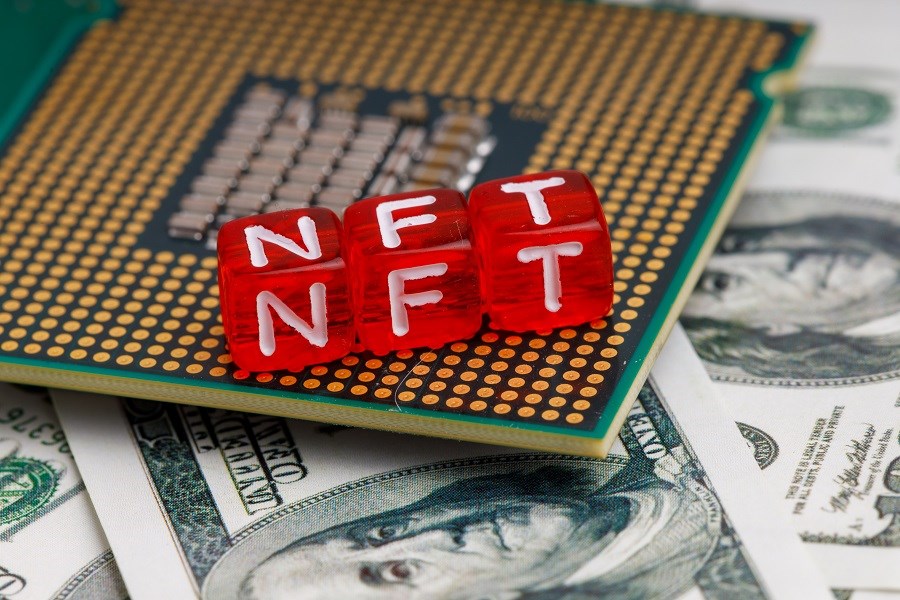Haastateltavamme muistuttaa, että keskimäärin naiset ehtivät tehdä vähemmän työvuosia, joista kertyy eläkettä. He kuitenkin todennäköisesti elävät pidempään. Siksi raha-asioiden ymmärtäminen on naisille erityisen tärkeää. Haastateltava Sheila Gugliuzza on voittoa tavoittelemattomien yhteisöjen työntekijöiden raha-asioiden hoitoon keskittyvän TIAA-CREF:n sijoitusneuvoja.
Adam Zoll: For Morningstar, I'm Adam Zoll. Women have made tremendous strides in the workplace in recent decades, but when it comes to their personal finances, many still have questions. Here to talk about some of these questions and ways to address them is Sheila Gugliuzza. Sheila is a wealth manager for TIAA-CREF based here in Chicago.
Sheila, thanks for being with us.
Sheila Gugliuzza: Thanks for having me.
Zoll: Let’s first talk about why there is a need for financial-literacy education, specifically for women. What are some of the financial challenges they face that maybe unique to women?
Gugliuzza: One of the interesting elements for women is often they spend 10 years out of the workforce. A large percentage are taking care of kids or taking care of parents, and if you're out of workforce, you're not earning money. So, you're not saving for retirement.
Another element that's critical for women is we tend to live longer, which can be great, except if you're not saving for retirement, it can put more stress on your savings to provide for you throughout your retirement years.
Zoll: Is the issue not saving, or is it not being informed about saving and actually being educated in terms of why it's important to save earlier?
Gugliuzza: Well, they complement one another. The more you now and are comfortable with why you should be saving, and how you should be utilizing the money, it encourages you to do so. In addition, if you are not spending the time in the workforce, you're not participating in your 401(k) or 403(b) or whatever employer retirement plan may be available to you.
Zoll: You mentioned, for example, longevity. For many women, I would imagine a divorce or being widowed, in many cases an unanticipated event probably throws them into the situation where they suddenly need to get educated, but by then they need to take a crash course. So, I would assume that that getting educated before something drastic happens, a life-changing event happens, is probably pretty key.
Gugliuzza: It is. One of the things that I've learned particularly as I've gotten more gray hair over the years is unexpected things happen in life. That is just the way it is. It can be something big like a divorce or a loved one dying. It can be something smaller like a basement getting flooded, but there is stress that happens to our finances. And the more prepared we are for them, the better able we are to deal with them.
A critical element for women, particularly women that tend to have their husbands do the finances at home, is if you're not thinking that your financial situation and then you're thrown into owning that when your husband dies or a divorce happens, it adds to the stress that you're already feeling.
So, when you want to be mourning your husband, or figuring out your life without this partner, you are also taking on this burden of learning about finances, which can make the situation so much more overwhelming. And that's why we think it's so critical to learn about finances earlier. If you can make it part of your life and learn a little bit year after year, then you become comfortable with it, and it doesn't feel like all of a sudden you need a Ph.D. in something you never cared about before.
Zoll: TIAA-CREF did try to address this problem. It is offering a program teaching them about financial matters. What are some of the key basic lessons that are being taught as part of that?
Gugliuzza: You start with the basics. So, when you think about providing for your financial future, it's about figuring out what your budget is. Thinking about what you want to save, what you want to spend, what's the need, what's the luxury, and how to make those decisions.
It's also about thinking through your different options, so understanding that putting money away isn't just about caring about if this stock is outperforming that stock. I think that's where some women get disinterested in finance. It's really about fighting for the people that you love and you care for.
If you think about investing as a way to make sure when you're 80, you don't have to move back in with your kids, or when you think about knowing that you'd be OK if something happened to your spouse and you could still pay for your kids' college, it makes it more meaningful. It's taking those important financial concepts and putting them in a way that really relates to and is meaningful to women.
It is also about helping people talk about finances. I know in my family growing up, my parents just never talked about money with us. It was taboo. When women get together, and we talk about money, sometimes she feel more comfortable asking the question when you think you should know the answer to, but you don't. And by having those conversations with one another, you learn and you help other people learn. And that's the beauty of the seminar when we get together.
Zoll: That sounds great. Does it seem like there is more of a need for financial-literacy education among women of a certain age, older women, younger women? Do you see any particular trends in that regard, or is it pretty much spread out, regardless of age?
Gugliuzza: I think the information that maybe important, changes with where you are in your lifecycle, but it's important for everyone. One thing that we found is as people age, the baby boomers, et cetera, they feel more confident in their ability to make financial decisions that they could own it if they want to, but they may still not have the time to do it. So, it becomes a question of: Where do you fit financial literacy into your calendar, and how do you know enough for what you need right now?
If you're in your early 20s having that information about it, does make sense to save for your retirement account. And even though retirement seems like it's so far away and it won't happen, that 3%, 6%, 10% you choose to put away, can have such a huge impact on your life. When you're approaching retirement and into retirement, how the money would be used and turned into an income is critical. So, the questions you're asking and the information is somewhat different, but it's necessary throughout all our phases of life.
Zoll: For someone who's watching this and maybe is overwhelmed by the sheer amount of financial decisions that need to be made and is wondering where to even start, how would you recommend they take those first few steps?
Gugliuzza: I would say in our studies at TIAA-CREF what we found is when somebody meets with a financial advisor at TIAA-CREF, they're 5 times more confident that they're going to be OK in retirement. Part of it is leveraging a financial professional to have those conversations.
You're not expected to know everything about finance, just like I don't. When I go to the doctor, I expect them to know a lot more about medicine than I do. But you want to know the basics, and having a plan gets you there. So, start with meeting with someone and also understand that there are certain concepts that make big differences. The earlier you understand them and learn them, the better.
You don't need to be a financial analyst that sits and watches CNBC all the time. You need to be someone who has an understanding and a comfort level with your finances and doing that with a financial plan, a basic understanding of what you're saving in a budget, and feeling comfortable talking about finances with your spouse--if there is one in the picture--so, you're having those conversations.
Often when I meet with clients, the husband and wife have haven't spoken about money before, and they speak about everything such as taking care of the kids, sports, and all the many other things in their life. But they've just never sat down and talked about having money. Feel comfortable having those conversations, it will help you do better for yourself and your family.
Zoll: That sounds like great advice. Sheila, thank you so much for being with us today. Thank you. For Morningstar, I'm Adam Zoll. Thanks for watching.





















